The Ultimate Guide to Preventing Frozen Pipes
Winter can be a magical season, but it also brings along some challenging problems, especially when it comes to your home’s plumbing. One of the most common and troublesome issues homeowners face during the cold months is frozen pipes. When pipes freeze, they can burst, leading to costly repairs and water damage. So, what’s the best way to prevent frozen pipes? In this comprehensive guide, Bristol plumbers will explore effective strategies to keep your pipes safe and your home cozy during the winter.
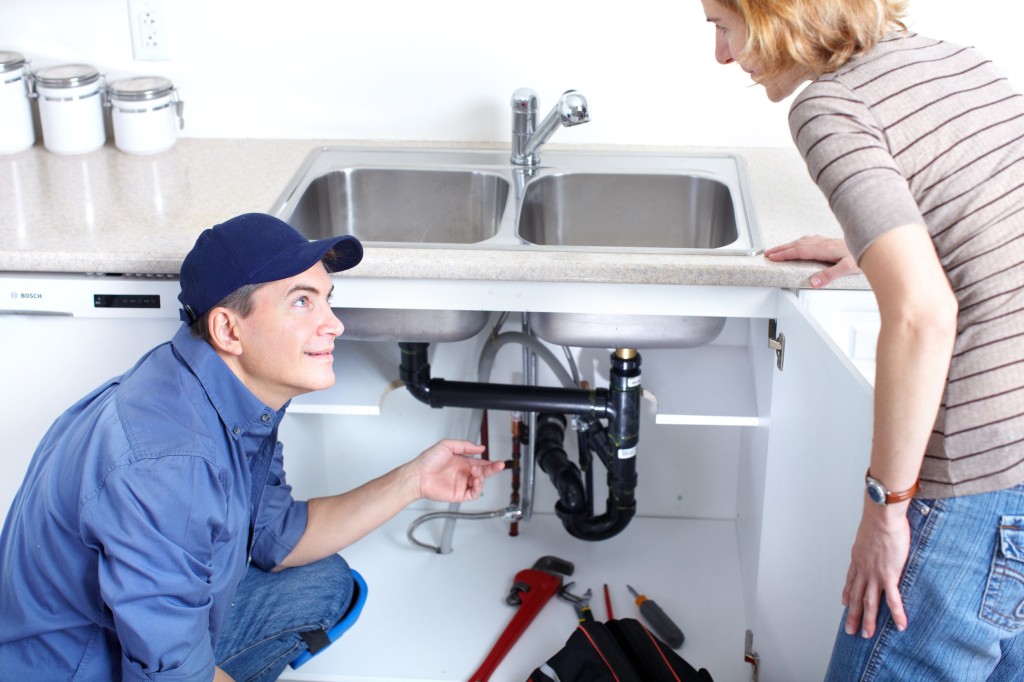
Understanding the Science Behind Frozen Pipes
Before diving into preventive measures, let’s understand why pipes freeze. When temperatures drop below freezing, the water inside your pipes can turn into ice. As ice expands, it can exert immense pressure on the pipes, causing them to burst. This is why prevention is crucial.
Frozen Pipes expand
Water pipes freeze when the temperature around them drops below freezing (0°C or 32°F). As water freezes, it expands, putting tremendous pressure on the pipes, which can cause them to burst. This is particularly problematic in unheated or poorly insulated areas of the home such as basements, attics, garages, and crawl spaces.
Insulating Your Pipes
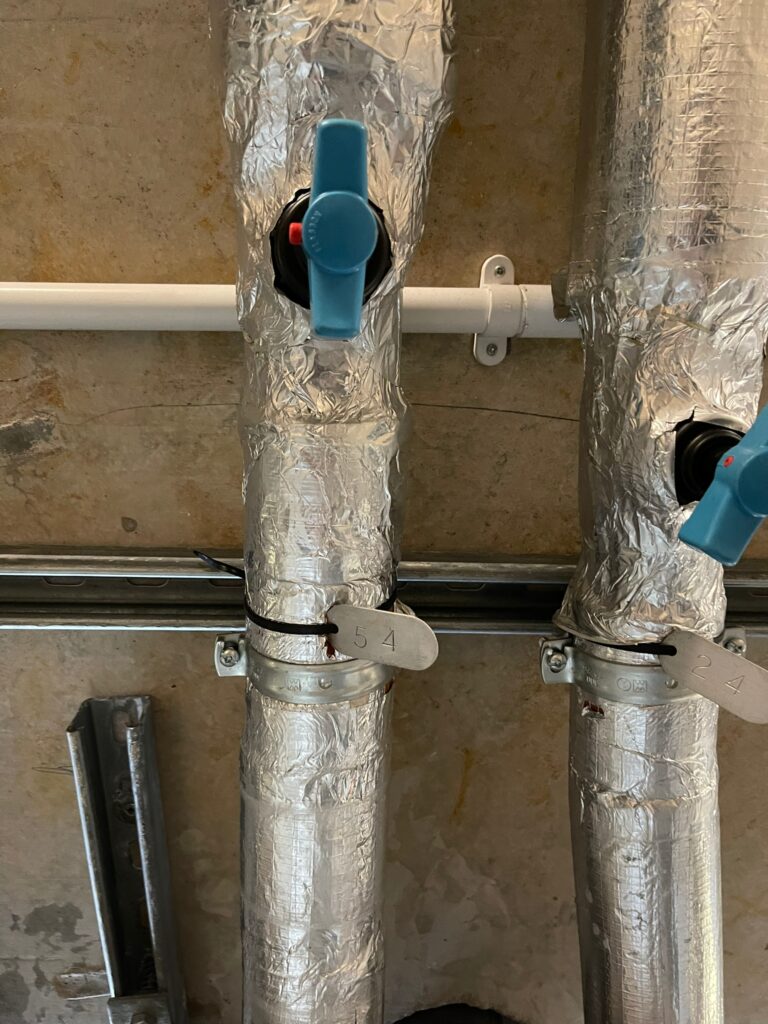
Proper insulation is your first line of defense against frozen pipes. Insulate pipes in unheated areas, such as basements, attics, and crawlspaces, using foam or fiberglass insulation. This helps maintain a consistent temperature around the pipes.
One of the most effective ways to prevent pipes from freezing is through proper insulation. Here are some steps to ensure your pipes are well-protected:
- Types of Insulation Materials Pipe insulation foam, fiberglass insulation, and even heat tape are popular choices. Each has its own benefits and installation requirements.
- Best Practices for Insulation Ensure that all exposed pipes are covered, particularly those in unheated areas. Wrap the insulation material snugly and secure it with tape or zip ties to keep it in place.
Heating Your Home Properly
Maintain a warm and consistent temperature in your home, even when you’re away. Programmable thermostats can help you regulate the heat efficiently, preventing pipes from freezing.
Maintaining a warm temperature inside your home is crucial. Aim to keep the thermostat set to at least 12-15°C (55-60°F) even if you are away from home.
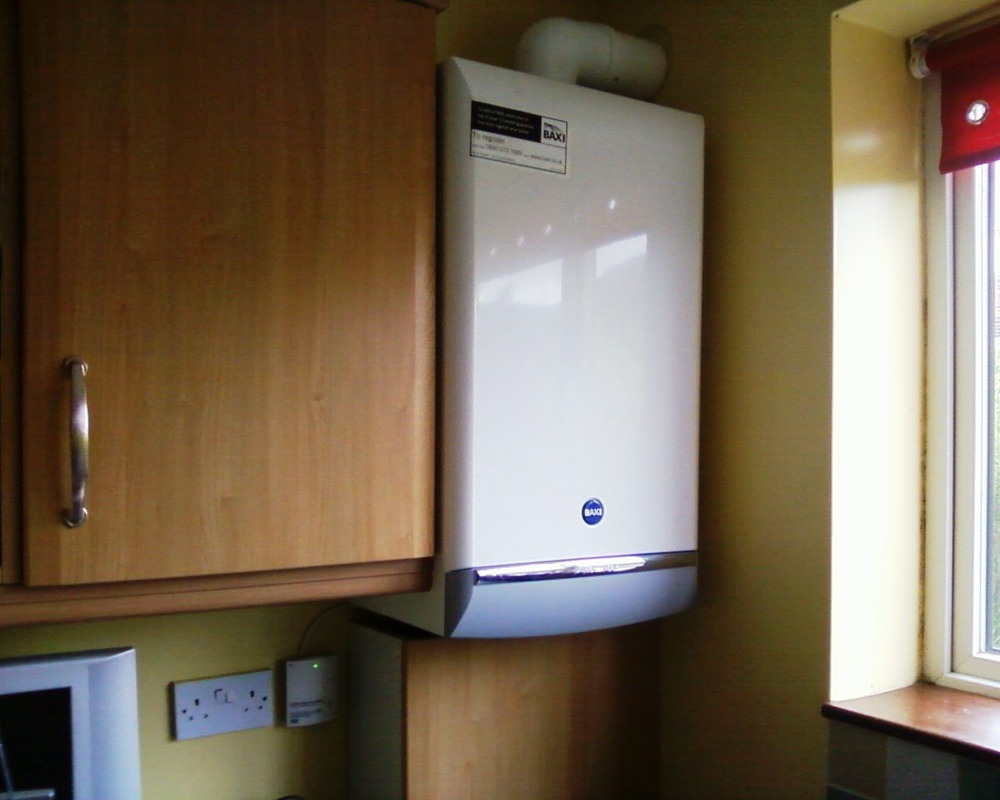
- Optimal Home Temperature To prevent pipes from freezing, ensure that your home’s temperature does not drop below 12°C (55°F). This is especially important during the night or when you’re not at home.
- Heating System Maintenance Regular maintenance of your heating system ensures it runs efficiently and reliably. Schedule annual check-ups with a professional to avoid unexpected breakdowns during cold spells.
Keeping a Steady Water Flow
Running a trickle of water from taps on extremely cold nights can prevent pipes from freezing. Moving water is less likely to freeze than stagnant water.
Using Pipe Heating Cables
Consider installing pipe heating cables on vulnerable pipes. These cables radiate heat and can be controlled with a thermostat to prevent freezing.
Heat tape or heat cables can be an excellent solution for particularly vulnerable pipes. They are designed to keep pipes warm enough to prevent freezing.
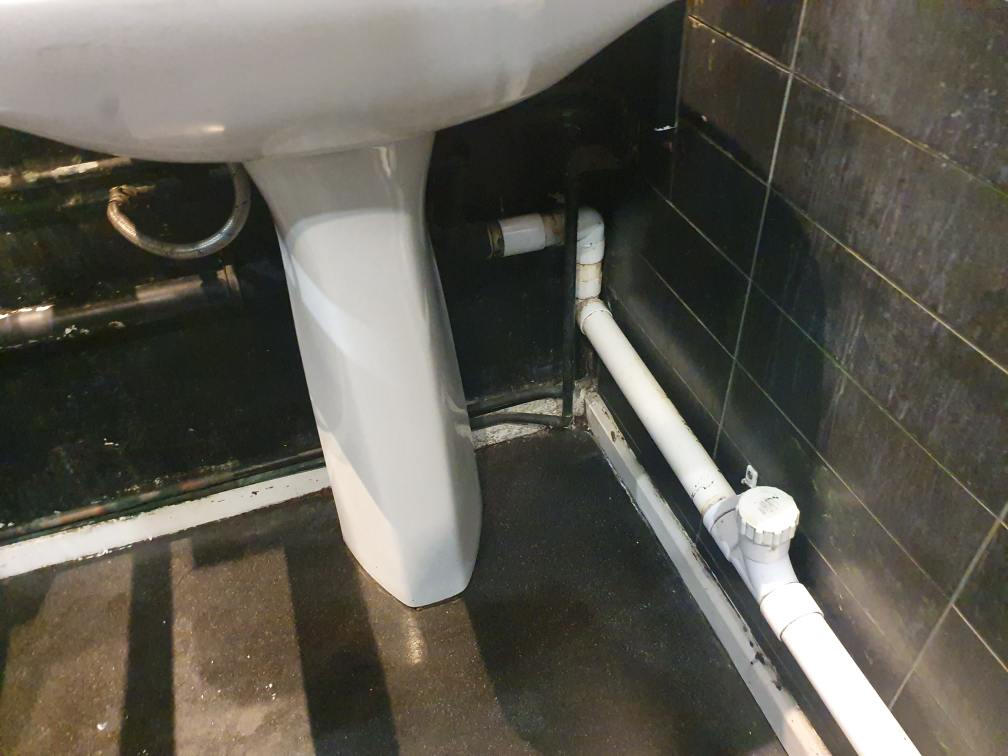
- Installation and Usage Tips Follow the manufacturer’s instructions carefully when installing heat tape. Ensure it’s plugged into a Ground Fault Circuit Interrupter (GFCI) outlet to prevent electrical hazards.
Sealing Cracks and Gaps
Inspect your home for any gaps or cracks that allow cold air to enter. Seal these openings with caulk or insulation to maintain a warm interior.
Drafts can significantly reduce the temperature in certain areas of your home, increasing the risk of frozen pipes.
- Identifying Leaks Check for drafts around windows, doors, and where pipes enter the home. A simple candle test can help: hold a candle near potential draft points and see if the flame flickers.
- Effective Sealing Techniques Use caulk or weather stripping to seal any gaps or cracks. Foam pipe insulation can also be used to cover small gaps around pipes.
Leaving Cabinet Doors Open to avoid Frozen Pipes
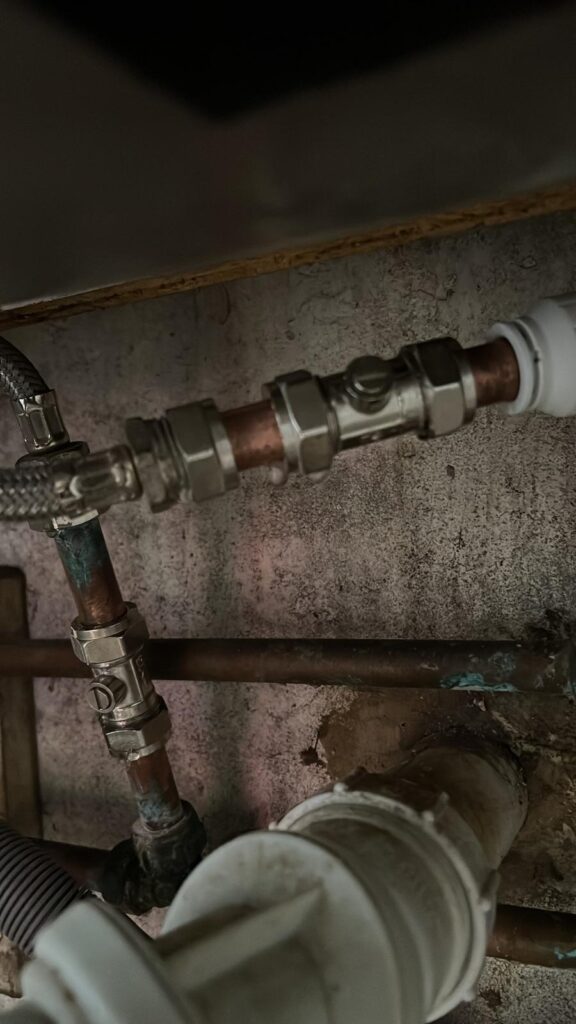
Open the cabinet doors under your sinks to allow warm air to circulate around the pipes, especially in kitchens and bathrooms.
Maintaining a Consistent Temperature
When the mercury drops, keeping your home warm becomes more than just a comfort issue—it’s a necessity to prevent pipes from freezing and potentially causing significant damage. Frozen pipes can burst, leading to costly repairs and major inconvenience. Let’s dive into the importance of maintaining a consistent temperature in your home and explore the best strategies to keep your pipes safe during winter.
Avoid drastic temperature fluctuations in your home. Keep doors and windows closed during cold spells to maintain a steady indoor temperature.
Turning Off Outdoor Taps
Disconnect and drain garden hoses, and shut off outdoor taps to prevent freezing in exposed pipes.
Energy Efficiency and Cost Considerations
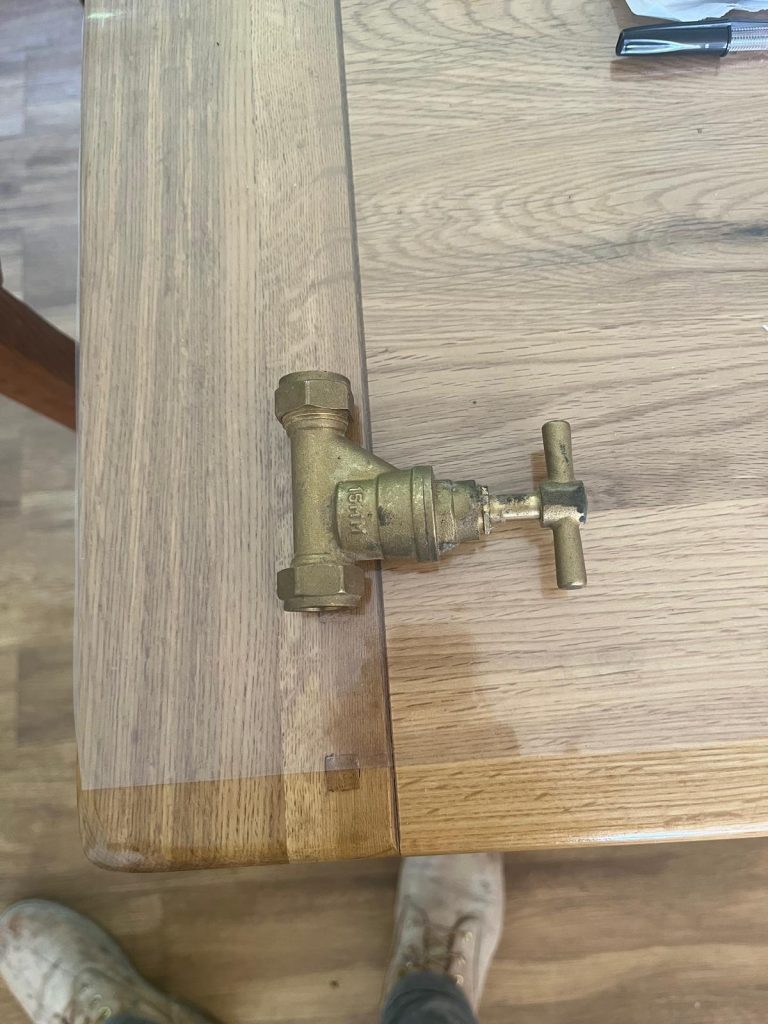
Balancing Warmth and Energy Costs
Keeping your home warm without breaking the bank is a common concern. Investing in energy-efficient solutions can help.
- Cost-effective Insulation Options Consider affordable insulation materials like foam pipe sleeves and reflective foil insulation. These can provide good protection without high costs.
- Government Grants and Rebates Look into local government programs that offer grants or rebates for home insulation and energy efficiency improvements.
Maintain a consistent temperature to avoid Frozen Pipes
Maintaining a consistent temperature in your home is crucial to prevent pipes from freezing. By insulating your pipes, keeping your home warm, and sealing leaks, you can protect your plumbing from winter’s chill. Regular maintenance and being prepared for emergencies can save you time, money, and stress. Remember, prevention is always better than cure, especially when it comes to frozen pipes.
Drip Taps: A Preventive Measure
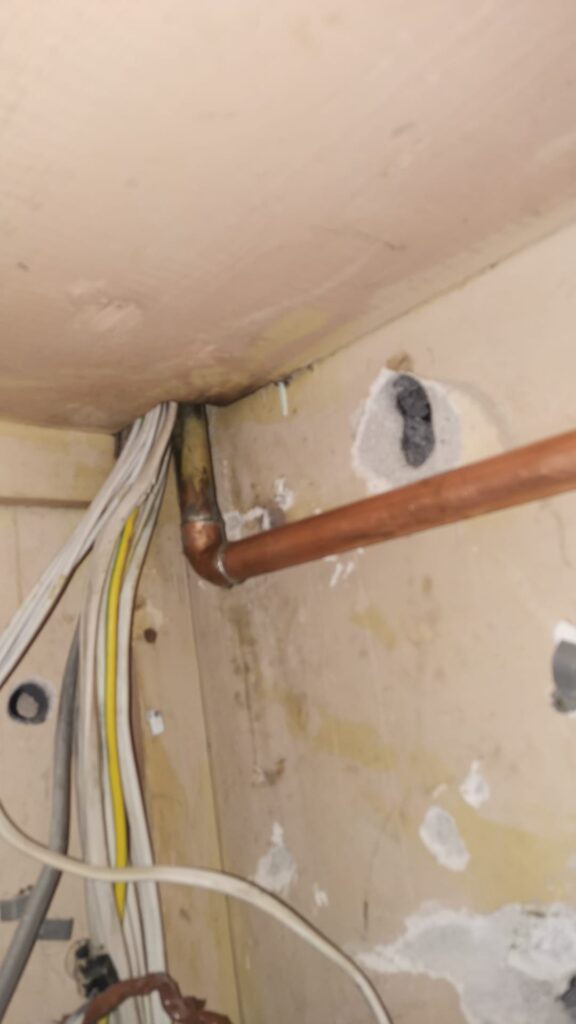
On extremely cold nights, open taps slightly to create a slow drip. This keeps water flowing and reduces the risk of plumber pipes freezing.
Long-term Strategies for Pipe Protection
Regular Maintenance and Inspections
Schedule regular inspections of your plumbing system to identify and address potential issues before they become major problems. This includes checking for leaks, corrosion, and other signs of wear and tear.
Upgrading Old Plumbing Systems to avoid Frozen Pipes
If your home has older plumbing, consider upgrading to modern, more resilient materials that are less prone to freezing and bursting.
Landscaping Considerations
Ensure that exterior landscaping doesn’t interfere with your home’s plumbing. For example, tree roots can damage underground pipes, leading to leaks and other issues.
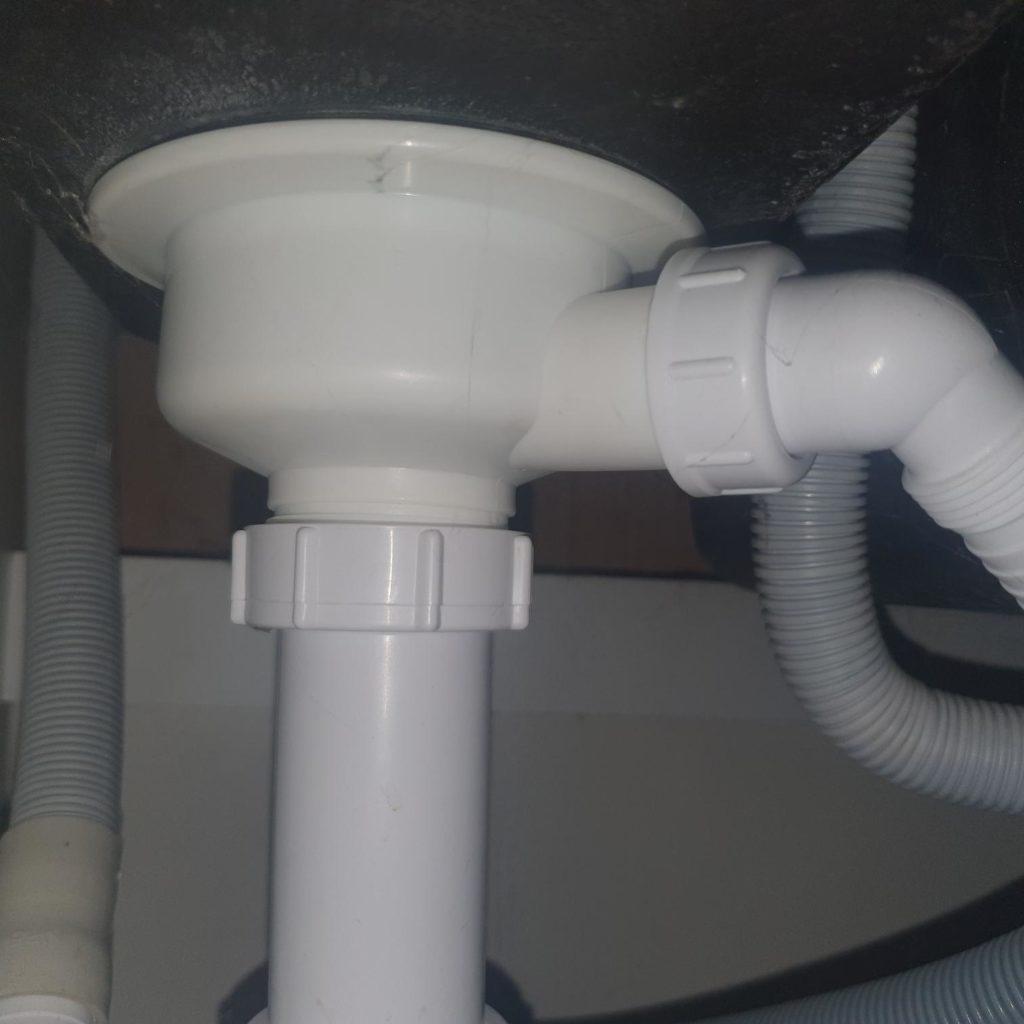
How to Thaw Frozen Pipes Safely
If you suspect a frozen pipe, never use an open flame to thaw it. Instead, use a hairdryer or towels soaked in hot water to slowly thaw the pipe.
Sometimes, despite your best efforts, pipes can freeze. Here’s what to do if it happens:
Thawing Frozen Pipes
- Safe Thawing Methods Use a hair dryer, heat lamp, or portable space heater to gently warm the frozen section of the pipe. Start from the faucet and work your way back towards the frozen area.
- What Not to Do Avoid using open flames or high-heat devices like blow torches. These can damage the pipe and increase the risk of a fire.
Signs of a Burst Pipe
Recognizing the signs of a burst pipe is crucial. Look for water stains, bulging ceilings or walls, and a decrease in water pressure.
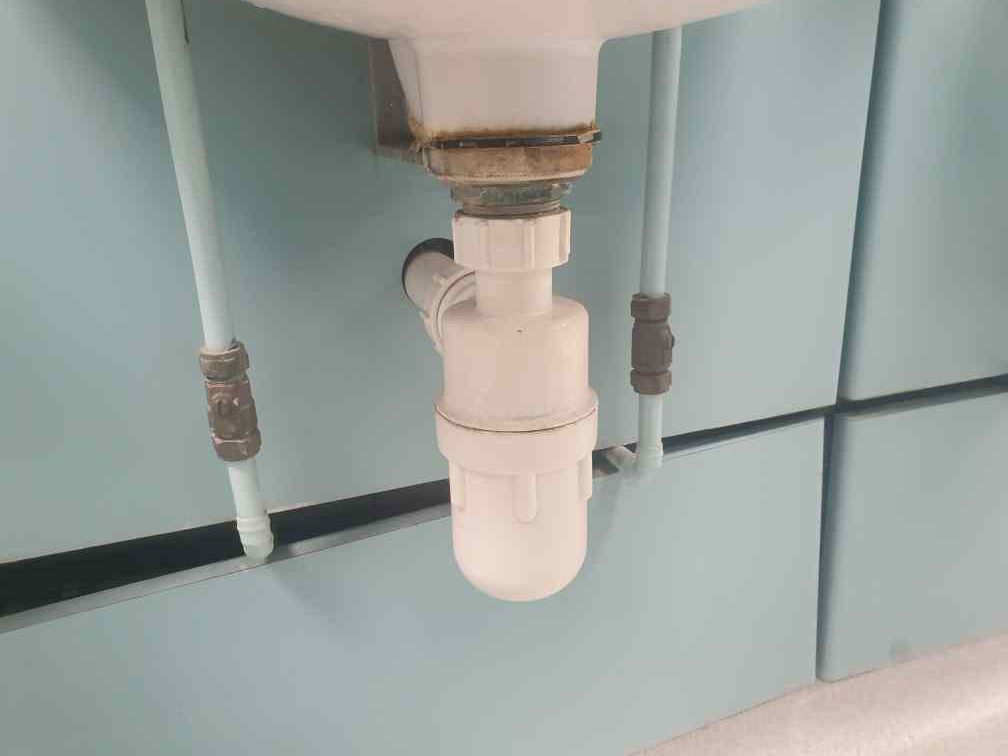
Dealing with Burst Pipes
In the unfortunate event of a burst pipe, turn off the water supply immediately and contact a plumber to assess and repair the damage.
Preventing Pipe Bursts
- How to Turn Off the Water Supply Locate and turn off the main water supply valve to prevent water from flooding your home if the pipe bursts.
- Managing a Burst Pipe If a pipe bursts, turn off the water supply immediately and call a plumber. Clean up any water promptly to prevent further damage.
The Role of Professional Insulation
For comprehensive protection, consider professional insulation services. An expert can assess your home’s unique needs and insulate pipes effectively.
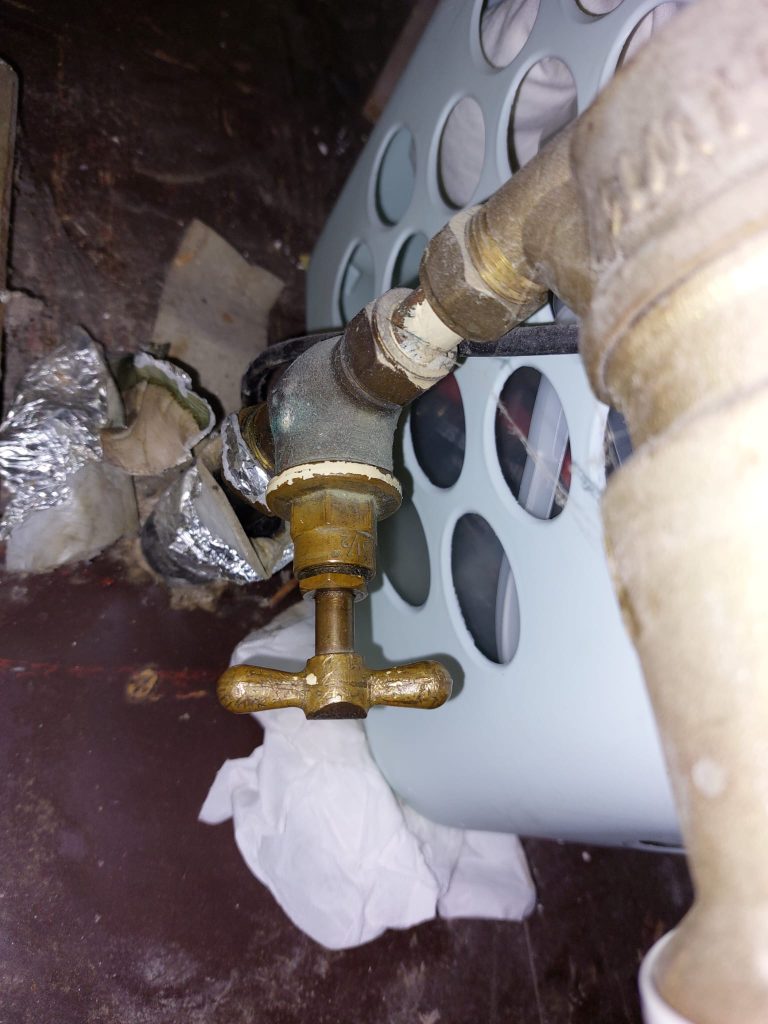
Preventing frozen pipes is essential for the safety and comfort of your home during winter. By understanding the science behind frozen pipes and implementing these preventive measures, you can minimize the risk of costly damage and ensure a cozy winter season.
FAQs about Frozen Pipes
1. Can I use electrical tape for pipe insulation? While electrical tape may provide some insulation, it’s not as effective as specialized pipe insulation materials. It’s better to use foam or fiberglass insulation for better results.
2. What’s the ideal indoor temperature to prevent frozen pipes? Maintain your home at a minimum of 13°C to prevent pipes from freezing.
3. Are there any DIY methods to thaw frozen pipes? Yes, you can use a hairdryer, hot towels, or a space heater to safely thaw frozen pipes. Avoid using open flames or heat guns.
4. How can I tell if my pipes are well-insulated? Inspect your pipes for any visible insulation, and if they are located in unheated areas, ensure they are covered with insulation material.
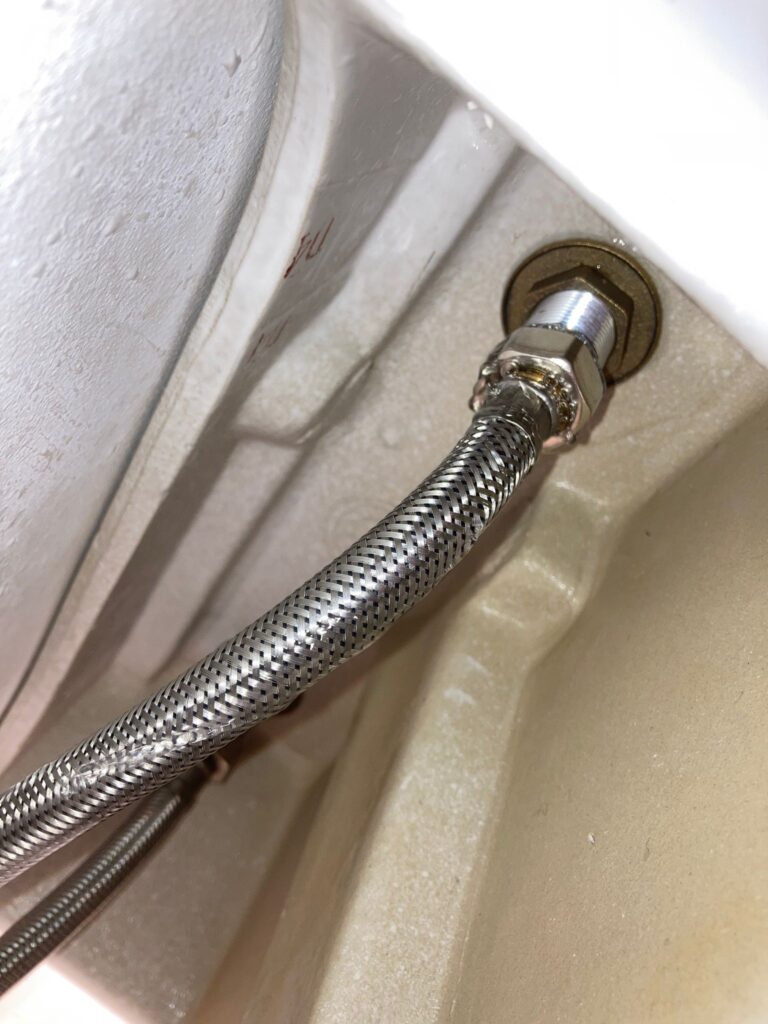
5. Is it necessary to book a professional for insulation services? While some homeowners can insulate pipes themselves, a professional can provide a more comprehensive and effective solution, especially for larger homes or complex plumbing systems.
Preventing Frozen Pipes
Preventing frozen pipes requires a combination of insulation, temperature management, and proactive measures. By following these tips and staying vigilant, you can safeguard your home from the risks associated with frozen pipes.
